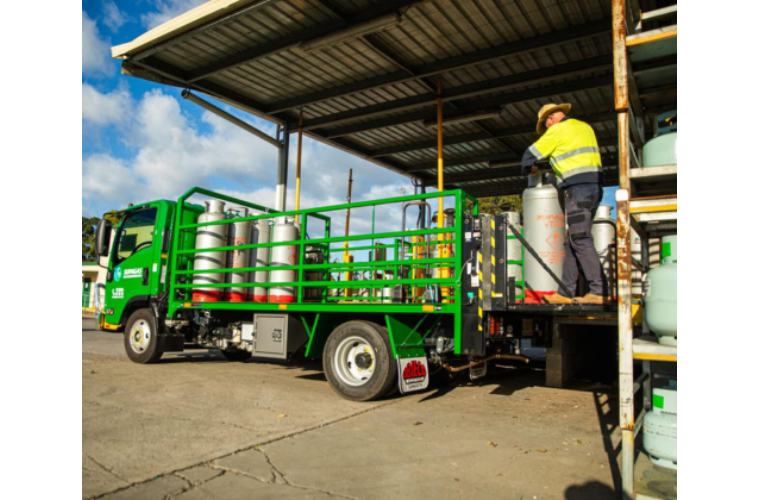Victorian Government affirms key role for gas
With the Victorian Government reaffirming the long-term role of gas in the state’s energy mix, Supagas is reminding businesses and households that LPG remains a reliable, flexible, and future-ready energy option.
When the Victorian Government first announced its gas policy changes in 2023, many people assumed it spelled the end for all forms of gas – including LPG. But that was never the case. And now, with the Energy Minister reaffirming gas as a “critical part” of the state’s energy future – and the Federal Government’s recent approval of an extension of the North West Shelf gas project through to 2070 – it’s clear: gas is here to stay; and LPG has a big part to play.
For Supagas, the recent announcement is welcome vindication of what the company has long maintained: gas remains essential for Australian businesses, especially through winter, and LPG offers a smart, accessible way to ensure continuity of supply.
As Arican puts it, “It all comes back to reliability. When demand peaks, when infrastructure is stretched, LPG gives businesses a dependable alternative – and with our national supply chain, Supagas can respond quickly.”
The Victorian Minister’s comments also acknowledged the ongoing need for gas-fired energy during times of high demand – particularly as renewable energy scales up. For businesses that can’t afford downtime, that message matters.
“With grid pressure, energy price volatility, and limited new sources coming online, we need real alternatives,” says Arican. “LPG provides that. And we’ve invested heavily to ensure our fleet, telemetry systems, and customer service are ready to support our customers when it counts.”
Supagas is also advancing sustainability initiatives – including optional carbon-neutral LPG offsets for customers who want to reduce their environmental footprint.
So, while energy headlines continue to shift, the message from Supagas is simple: LPG remains reliable, accessible, and available – with a team ready to deliver when it matters most.


 Instagram
Instagram